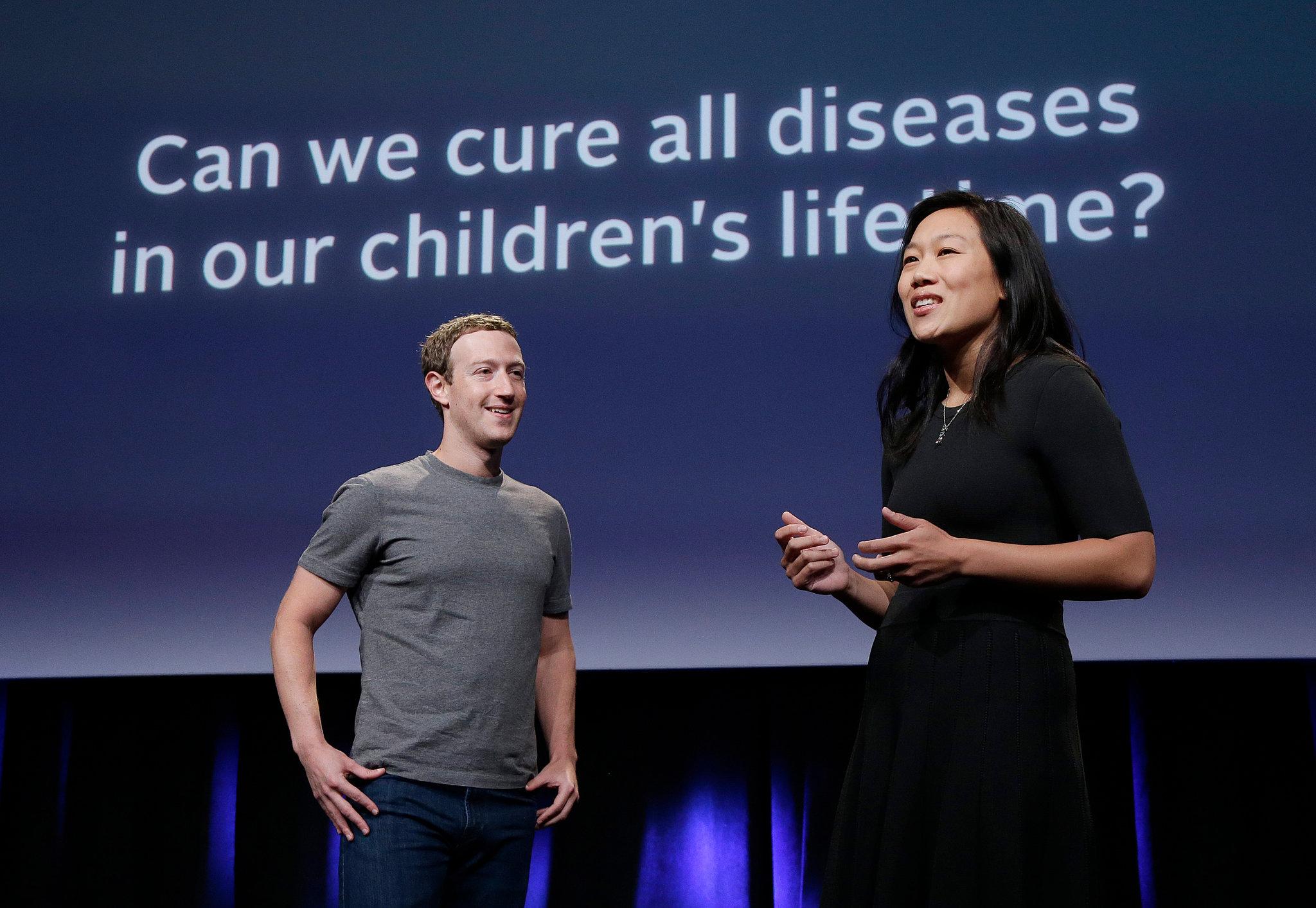In a groundbreaking pursuit that envisions a world free from the shackles of disease, Mark Zuckerberg and Priscilla Chan have unveiled their plan to harness the power of AI and advanced computing by 2100.
The initiative has garnered attention and excitement within the scientific community, with experts like Anne Carpenter, who utilizes computing in pharmaceutical development at the Broad Institute of Harvard and MIT, expressing their optimism. However, Carpenter also emphasizes that the project is still in its early stages, clarifying, “They’re not announcing like, ‘We have created a model that does a particular thing.’ Instead, they’re saying, ‘We are planning to create a resource that is going to be available for biologists to create new models.'”
The Chan Zuckerberg Initiative, the couple’s Limited Liability Company (LLC), has set a target to have their innovative product up and running by 2024. However, they have not disclosed the budget allocated for this endeavor, and the costs could be substantial due to the high demand and limited supply of the required computer components, as reported by The Register.
The proposed computing system aims to comprise 1,000 graphics processing units (GPUs), specialized electronic circuits designed for image processing. These GPUs would have the capacity to analyze both healthy and diseased cells from extensive databases. Subsequently, the plan is to make this powerful tool accessible to the broader scientific community, enabling collaborative research and discoveries. This aspect of the initiative is particularly promising, as it could level the playing field for researchers who are utilizing AI in their quest for new therapeutic solutions.
One of the driving forces behind this initiative is the recognition of the unequal access to computing power for biotechnology research in laboratories across the United States. If successfully implemented, this proposal has the potential to democratize access to advanced computational resources for researchers nationwide.
Notably, the Chan Zuckerberg Initiative has primarily focused on funding local San Francisco community and education projects since its establishment in 2015. However, Mark Zuckerberg’s other ventures have ventured into biotechnology territory in the past. Meta, one of Zuckerberg’s companies, introduced an AI tool in 2022 called ESMFold, which utilized similar AI processing techniques that could find application in their new database project. ESMFold streamlined the prediction of protein shapes using AI, demonstrating the remarkable potential of AI in revolutionizing healthcare and scientific research.
The AI model at the heart of this initiative, similar to the program behind AlphaFold, belongs to the category of large language models (LLMs). These AI tools are trained on extensive datasets available online, and they have played a crucial role in advancing our understanding of complex biological structures like protein folding. Jeff MacGregor, Vice President of Communications at the Chan Zuckerberg Initiative, expressed confidence in the potential of LLMs to help comprehend more intricate structures, such as cells, stating, “LLMs have done an impressive job at helping us understand protein structure, and we think they will be equally great at helping us understand more complex structures like cells.”
Mark Zuckerberg and Priscilla Chan’s endeavor to leverage AI and advanced computing for disease eradication holds immense promise, with the potential to reshape the landscape of biotechnological research and healthcare.
While challenges remain, their vision could mark a significant step toward a disease-free future.

